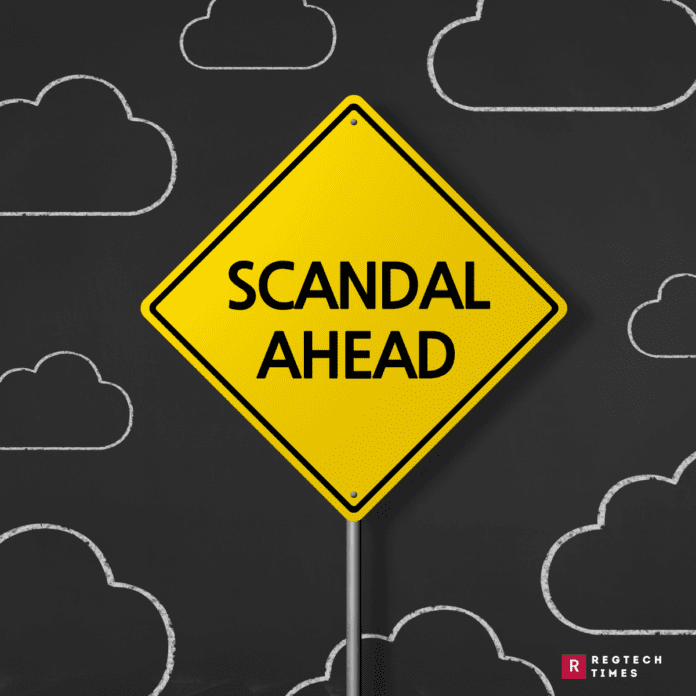A historic trial is taking place in Hanoi, Vietnam, in the centre of Southeast Asia, bringing attention to the nation’s fierce battle against corruption. Renowned real estate magnate Truong My Lan is facing charges in a massive financial scandal that is upending the political and economic fabric of the country. At the head of the Van Thinh Phat real estate company, Lan, 66, is accused of masterminding a fraud operation that will cost the country’s GDP in 2022 around $3 billion, or $12.5 billion. The worst financial fraud occurrence in Vietnam’s history occurred in this case, highlighting structural problems with the country’s economic systems.
The charges levied against Lan are serious and varied; they include the use of many aliases, corrupt interactions with public servants, and violations of financial regulations. The central accusation pertains to her supposed unlawful authority over the Saigon Joint Stock Commercial Bank between 2012 and 2022, which she allegedly utilized as a means of embezzling an astounding amount. With 85 other people being charged, Lan’s case is not unique and illustrates how pervasive corruption is. One of them, a former State Bank of Vietnam officer, is charged with accepting bribes totalling $5.2 million.
The consequences of Lan’s trial go well beyond the confines of the courtroom; they touch on the larger fight against corruption spearheaded by the Communist Party of Vietnam, particularly the Blazing Furnace initiative. This effort, started by General Secretary Nguyen Phu Trong, has elevated the conversation about corruption in the country and resulted in high-profile arrests as well as an assessment of corporate governance and procedures. Specifically, Lan’s arrest indicates the government’s commitment to combating corruption at the highest levels.
This anti-corruption movement is not without its detractors and drawbacks, though. Observers and analysts have noted the negative impact on Vietnam’s economic prospects as well as the rising unease among international investors. A degree of uncertainty and danger brought about by the crackdown’s broad breadth is making stakeholders cautious, especially at a time when Vietnam is trying to draw in companies looking to diversify their operations away from China.
While vital, the fight against corruption has made public servants more circumspect, which has slowed down decision-making and delayed the timely completion of development initiatives. As a result, there is a paradox whereby the system’s development and efficiency are unintentionally hampered by the cleanup effort. Furthermore, the real estate industry, a vital pillar of Vietnam’s economy, has taken a serious hit, with many businesses pulling out of the market and investment in new developments stagnating. This has made the nation’s economic problems worse in the face of weak international demand and a decline in public investment.
The Truong My Lan trial is a test of Vietnam’s political and judicial commitment to fighting corruption, and it will become more evident as it goes on. It also begs important issues regarding how well these kinds of efforts work to create an atmosphere that is favourable to investment and economic growth. Vietnam’s governance, economic well-being, and worldwide reputation will surely be shaped by the verdict of this trial and the ongoing anti-corruption initiatives. It will also provide an important lesson in the difficult balancing act between upholding the law and promoting economic development.



